
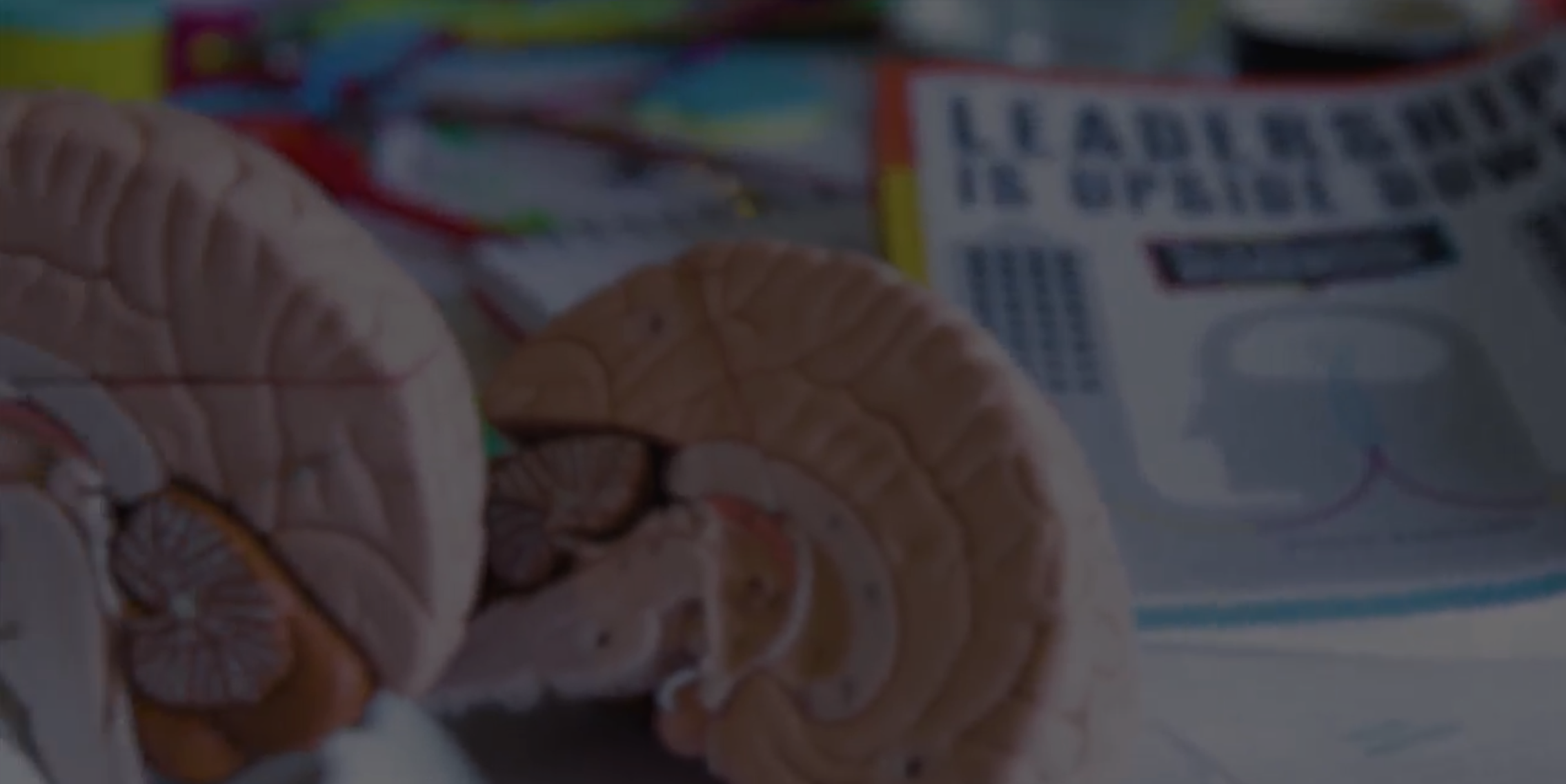
The i4 Neuroleader™ Methodology is a neurobiology-based set of strategic and practical processes to enhance wellbeing and optimise leadership performance , collaboration , innovation and agility with the aim of developing brain-friendly leaders, teams and cultures.
Watch Overview!
The i4 Neuroleader™ Methodology has been adopted globally and applied in various industries with the purpose of creating more sustainable, conscious, healthier, happier and productive workplaces.
Certified Practitioners
Transformed Leaders
Countries Reached
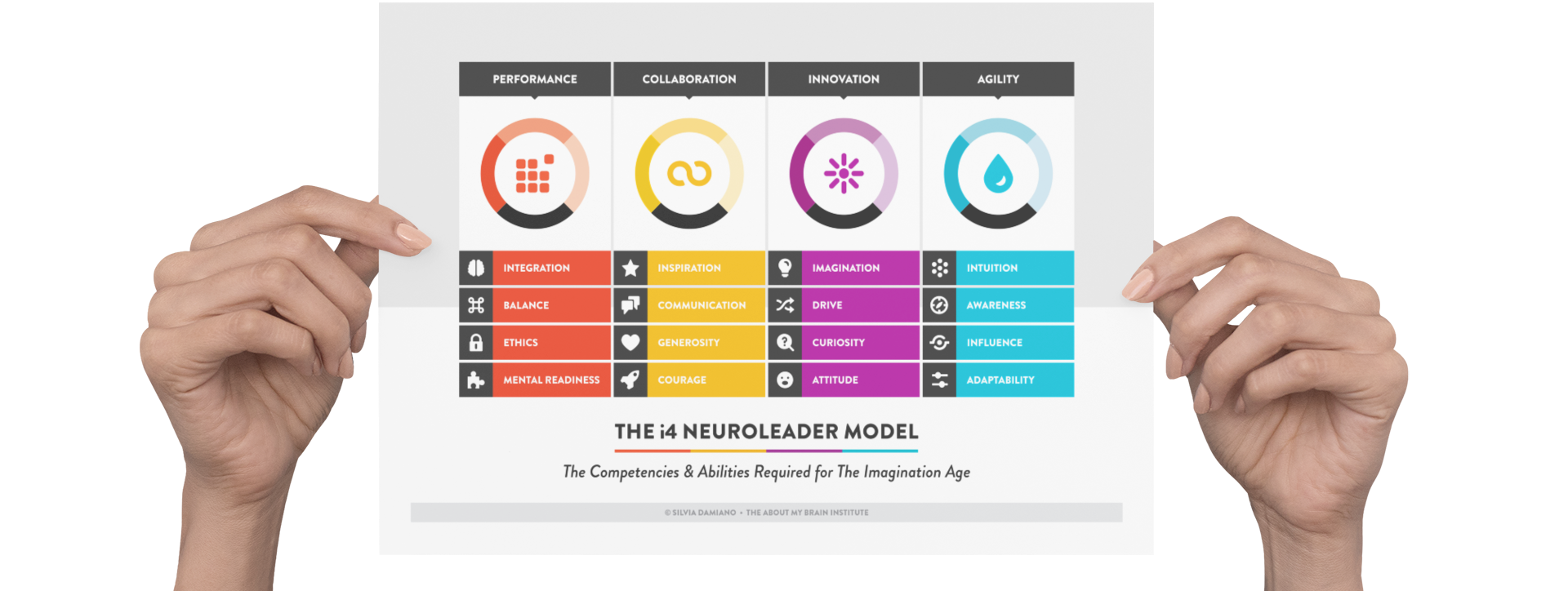






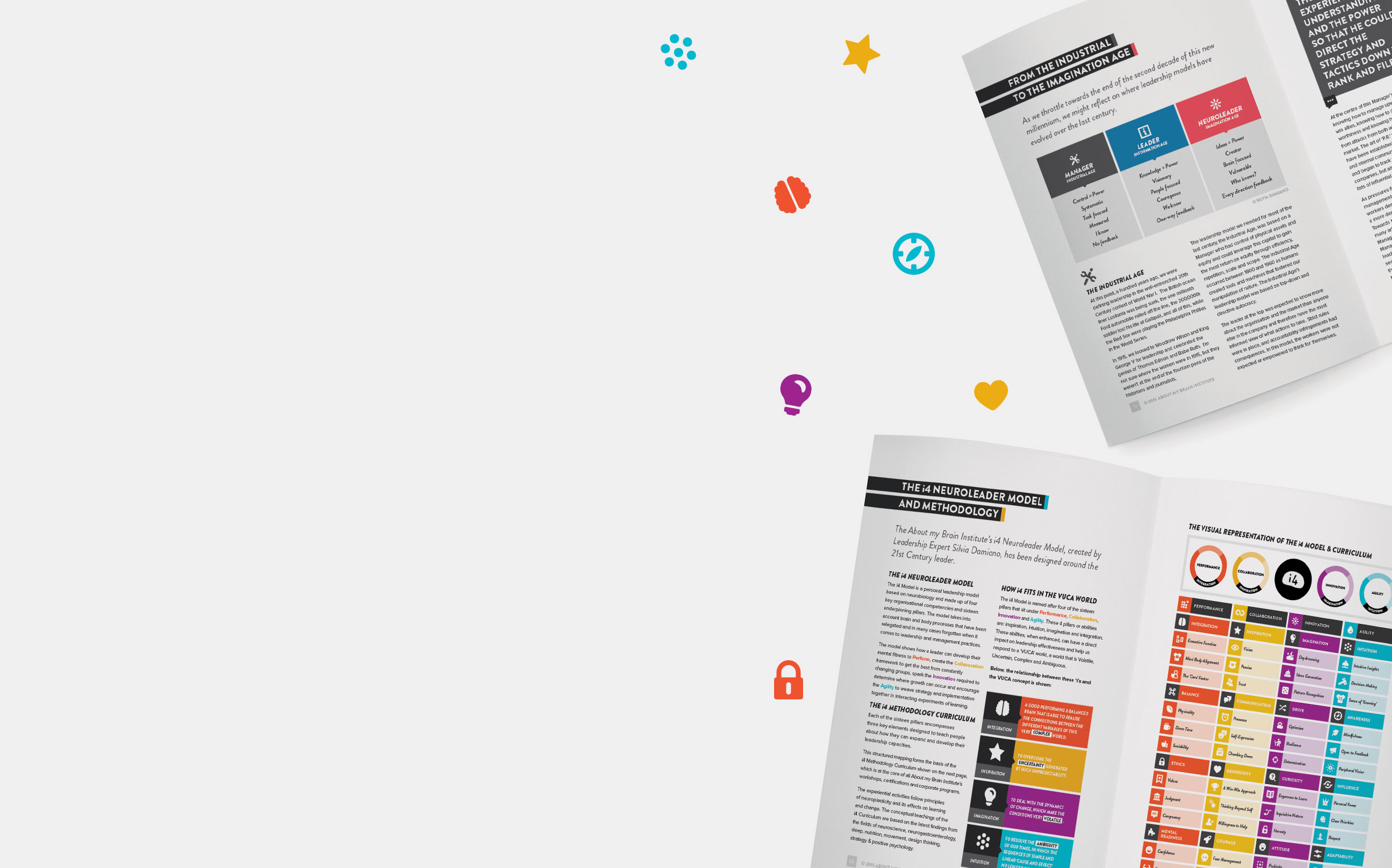
We are witnessing a new world in the making.
In the next decade years, every industry on the planet will have to be redesigned. This requires brain power, creativity, collaboration, agility and most importantly a new leadership style. We need new cities, new sustainable energy, new mobility, a new supply chain infrastructure, food, education and health for 9.7 billion people.
The business models of the 20th Century are no longer sufficient. Organisations and governments right now and in the future need to play by different rules, including how we lead our societies. Talent has to be empowered so the new abilities required for the future are optimised and developed.
We propose a novel and cost-effective approach to re-awaken the leadership powers within us.
The i4 Neuroleader™ Model & Methodology has been designed for both aspiring and established leaders in public and private sectors, entrepreneurs, change agents, coaches, facilitators, educators or those who are curious about learning how to enhance their personal leadership and optimise their brain function and wellbeing.
Get started on this journey by learning more about the ‘i4 abilities’:
Integration is the ability to unify brain, mind and body. Being in a state of balance (homeostasis) offers a higher degree of mental fitness and performance.
Optimal performance requires ‘maintaining’ our brains, bodies and minds healthy so they can operate as a whole system. Failing to take care of this system may lead to mood disorders, low productivity and disease.
Our research shows that only 33% of the people we surveyed take the time to relax and completely disconnect. We also found that 46% are not able to eliminate distractions and focus for a reasonable period of time on the task at hand. Not being able to focus when necessary or rest appropriately makes ‘the brain’ sluggish and inefficient, affecting how our body feels and how our mind operates.
Inspiration is the ability to manage our energy and stimulate ourselves and others. Developing this ability is crucial to help us overcome the uncertainty created by circumstances that go beyond what has been envisioned (i.e. pandemics, war, climate change etc).
The increase in virtual interactions and the appearance of 'hybrid' working models require us to be able to inspire our teams beyond the working conditions of the past and have a more fluid approach to collaborating with diverse teams and successfully accomplishing our goals.
Our research shows that 77% of the people we surveyed agree that inspiration is not taken seriously in most workplaces, while 97% think that inspiration can mobilise people into action more than a ‘command & control’ approach.
Imagination can be defined as the mental ability that can help us become creative powerhouses. Volatile market conditions caused by continuous change require that we understand how our brain functions to be more imaginative and solve problems from a different perspective.
Discoveries of how an insight moment occurs have shed new light on how we can tap into our imagination. Understanding these findings opens the possibility of being innovative co-creators rather than passive observers.
Our research shows that 93% of the people we surveyed believe that leaders in the workplace should encourage imagination or innovation will stagnate. However, 55% think that their capacity to imagine has decreased since childhood. Nurturing people's imagination will spark creativity and innovation at work and in life.
Intuition is the ability to understand something instinctively without involving our cognition. Usually a ‘taboo’ word in a business setting, this ability can help as resolve the ambiguity of our times, in which the sequences of simple and linear ‘cause and effect’ are not enough.
Leading in a complex world where uncertainty and ambiguity are constant factors, requires us to intuitively anticipate and agilely solve issues that appear more often in rapidly changing environments.
A fascinating fact from our research shows that although 88% of the people we surveyed believe that using their intuition to make important decisions in their lives has served them well, 76% believe that many people in business still treat the concept of intuition with contempt and prefer to think that a cognitive approach when making decisions is more valuable.
Being future fit requires we learn how to pivot in times of change, work with diverse people across the globe and manage ourselves to remain calm, productive and creative. The i4 Neuroleader™ Methodology offers the understanding of how we function as human beings. Without it, our evolution is limited.
The concepts that support the i4 Neuroleader™ Methodology are based on the latest findings from the fields of neuroscience, mind/brain development, gut health, sleep, meditation, body movement, biohacking and neurofeedback.
The i4 Neuroleader™ Methodology draws upon aspects of neuroleadership, emotional intelligence, positive psychology, organisational development, strategic innovation, user-centered design, play, change management and agile methodologies.
The i4 Neuroleader™ Methodology is a system for culture transformation that can be deployed to any number of people and is progressively embedded through time to create sustainable change in the areas of leadership effectiveness, workplace engagement, mental health and wellbeing.
Find out how the i4 Neuroleader™ Methodology can be systematically deployed to transform the culture of your organisation with the aim of maximising profitability & wellbeing.
Get to know our thinking. Download our Manifesto!
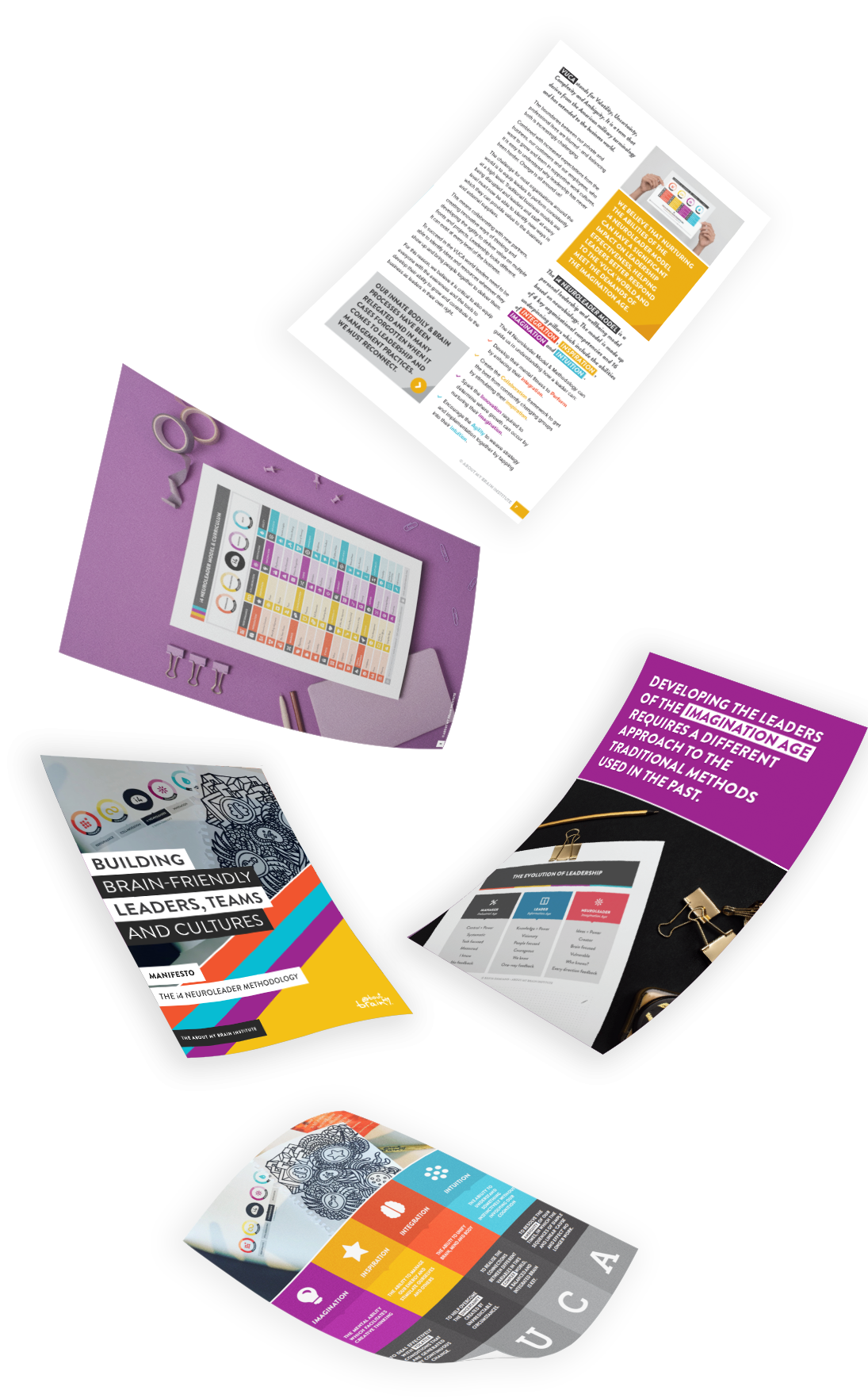
Our i4 Neuroleader™ Methodology & Program:



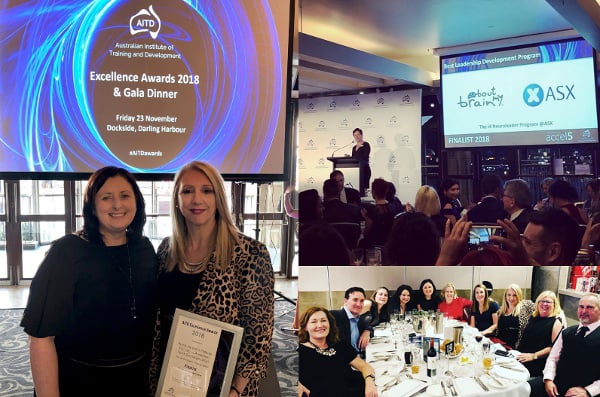
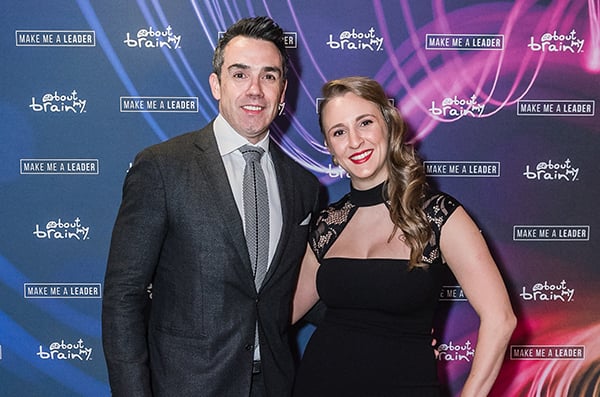
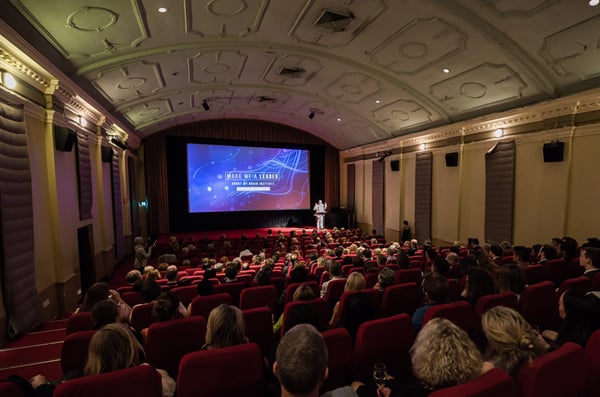
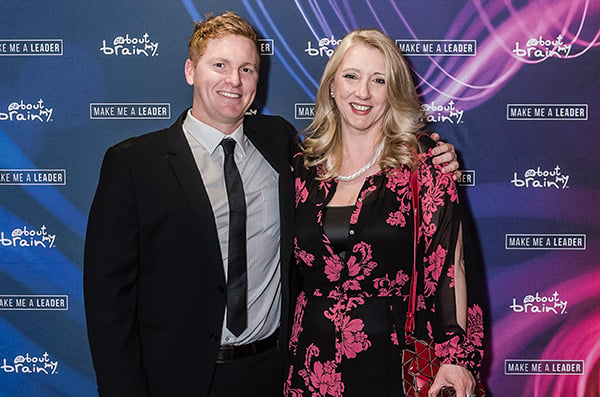
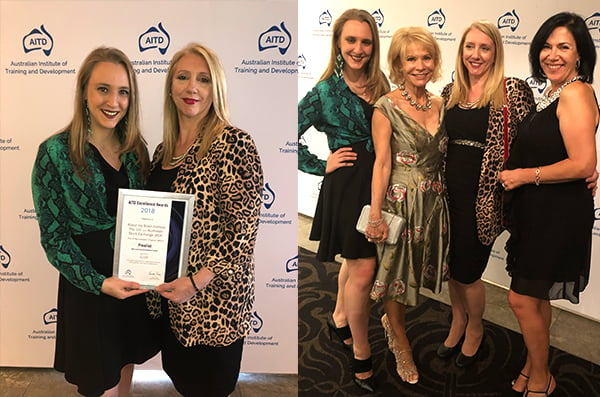

About my Brain Institute’s work is outstanding, providing a new and creative way to look at our leadership and personal effectiveness. Their research combined with an engaging approach made the program both useful and enjoyable. The i4 Neuroleader™ Assessment helped my team understand our capabilities, but more importantly, gave us the tools to make positive changes in the way we lead.
Kim Ellis
Executive Director
Sydney Royal Botanic Garden
Since leadership was conceptualised by Warren Bennis in 1961, many theories and definitions of what leadership is, have emerged. The leadership of the ‘Industrial Age’ was characterised by managers who led using the ‘command and control’ approach in order to achieve a task in a systematic way. This model partly shifted to the acquisition of knowledge as the main source of power for a company.
In today’s economy, since knowledge can be easily reached, the source of power for an organisation lies in the ideas and the thinking of the people.
This is called the ‘Imagination Age’.
Being able to elicit ideas from team members and support the feasible ones, while motivating different groups to work together and implement them, requires a new type of leader: the ‘Neuroleader’ – expressed by the graphic below.
This leadership archetype can be defined as someone who knows how to inspire and achieve collaboration, someone who understands how creativity works and who is agile enough to adapt to constantly changing conditions.

The term ‘Imagination Age’ was first introduced by designer and writer Charlie Magee in 1993 and then popularised by artist, writer and cultural philosopher Rita J. King. The concept of the ‘Imagination Age’ has been extended by some thinkers to an ‘Imagination Economy’ where intuitive and creative thinking create economic value, after logical and rational thinking has been outsourced to other economies.
Imagination refers to the faculty of mentally forming new concepts, ideas or patterns without involving the senses. Imagination is important because our brain ‘imagines’ all the time, even when we do not notice it. Imagination influences everything we do, think about and create. It leads to elaborate theories, dreams and inventions in any profession from the realms of academia to engineering and the arts. Read more here.
Developing the leaders of the ‘Imagination Age’ requires a different approach to the traditional methods used in the past. New discoveries and technologies are shifting how we think, behave and interact with the world and with each other. The emergence of neuroscience and its application to this field provides a new understanding of how to best develop leaders and organisations in this new world that many call VUCA.
VUCA stands for Volatility, Uncertainty, Complexity and Ambiguity. It is a term that derives from American military terminology and has extended to the business world. Change is all around us! The boundaries between our private and professional lives are blurred – and balancing both is increasingly challenging. Against this backdrop, we need to rethink how we equip ourselves to perform consistently well at a high level. We believe that nurturing the abilities of the i4 Neuroleader™ Model can have a significant impact on leadership effectiveness, helping leaders better respond to the ‘VUCA’ world and meet the demands of the Imagination Age.
While the term VUCA was quickly becoming popular within the management field, the world was confronted by the emergence of the Covid-19 virus. Having to face the greatest pandemic of the 21st Century (so far) has not been easy for anyone, particularly for those in leadership positions. Volatility, uncertainty, complexity and ambiguity were amplified defying the most resilient of people. This has created mental health conditions that need to be attended to and mixed emotions when it comes to choosing how we live our lives and spend our time. Social unrest, wars and weather disasters have also contributed to this new narrative (a beyond-VUCA scenario). Whether we get paralysed by all these problems or dare to think innovatively about how to sort out these challenges, will determine the future of humanity.
The i4 Neuroleader™ Model & Methodology is a neurobiology-based set of strategic and practical processes, created by leadership expert Silvia Damiano, used by organisations to improve leadership performance, collaboration, innovation and agility for personal and business growth.
The concepts that support the i4 Neuroleader™ Methodology are based on the latest findings from the fields of neuroscience, gut health, sleep, meditation, body movement, the neuroscience of play, neurofeedback, mind-brain development, high performance, mindfulness, emotional intelligence, positive psychology, design thinking, strategy, innovation, change management and agile methodologies.
The competencies of the i4 Neuroleader™ Model are: performance, collaboration, innovation and agility. They are underpinned by 16 pillars or abilities of equal importance. Amongst them there are 4 abilities that start with the letter ‘i’, hence the name i4 Neuroleader™.
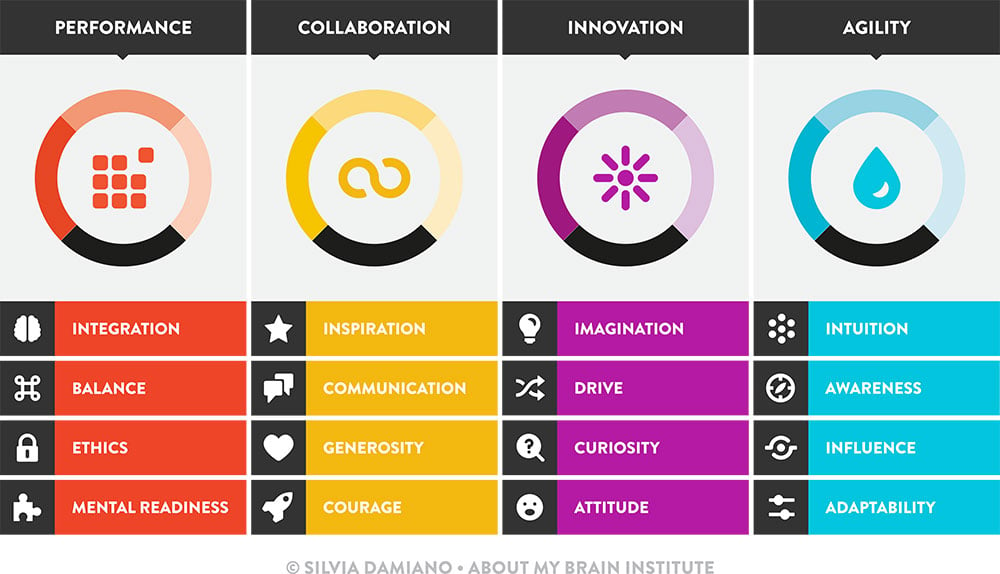
Yes! The 16 abilities can be measured using a psychometric tool called the i4 Neuroleader™ Assessment. It is made up of two components: a self-evaluation and a 360° feedback evaluation (completed by people who know the person well).
The participants can invite not only people from work, but also family and friends. This type of feedback allows participants to have a more objective view of themselves so they can focus on the areas that need development.
The i4 Neuroleader™ Program is a neurobiology-based personal leadership journey designed to optimise brain function and emotional wellbeing.
Through feedback, reflection, coaching, experiential activities and self-paced learning, participants become more aware, resilient, creative, intuitive, mentally sharp and influential.
This research-based program aims to develop the collective consciousness of teams and organisations by enhancing the competencies of performance, collaboration, innovation and agility.
Based on a publication by the World Economic Forum, some of the skills to be ‘future fit’ are leadership, communication, creativity, complex problem solving, critical thinking, emotional intelligence and networking.
These skills depend on the optimal functioning of the brain and the balancing of the analytical and interpersonal skills. The i4 Neuroleader™ Model & Methodology provides the foundation as it can help a person understand how the brain works and the strategies that are required to improve its function.
The future of leadership development will be focused on refining brain function rather than merely trying to only improve behaviour. Most of the frameworks, models and methodologies used in the past have been developed using psychological and behavioural change approaches which not always proved to be effective. Neuroscience discoveries are providing a new lens to understand leaders’ behaviours, decisions and actions.
We have a variety of books, guides and publications (below) that explain the background, thinking and underpinning research of the i4 Neuroleader™ Model & Methodology.
Our blog also contains a plethora of well-researched articles showcasing the latest studies and an extensive bibliography related to the i4 Neuroleader™ Methodology.
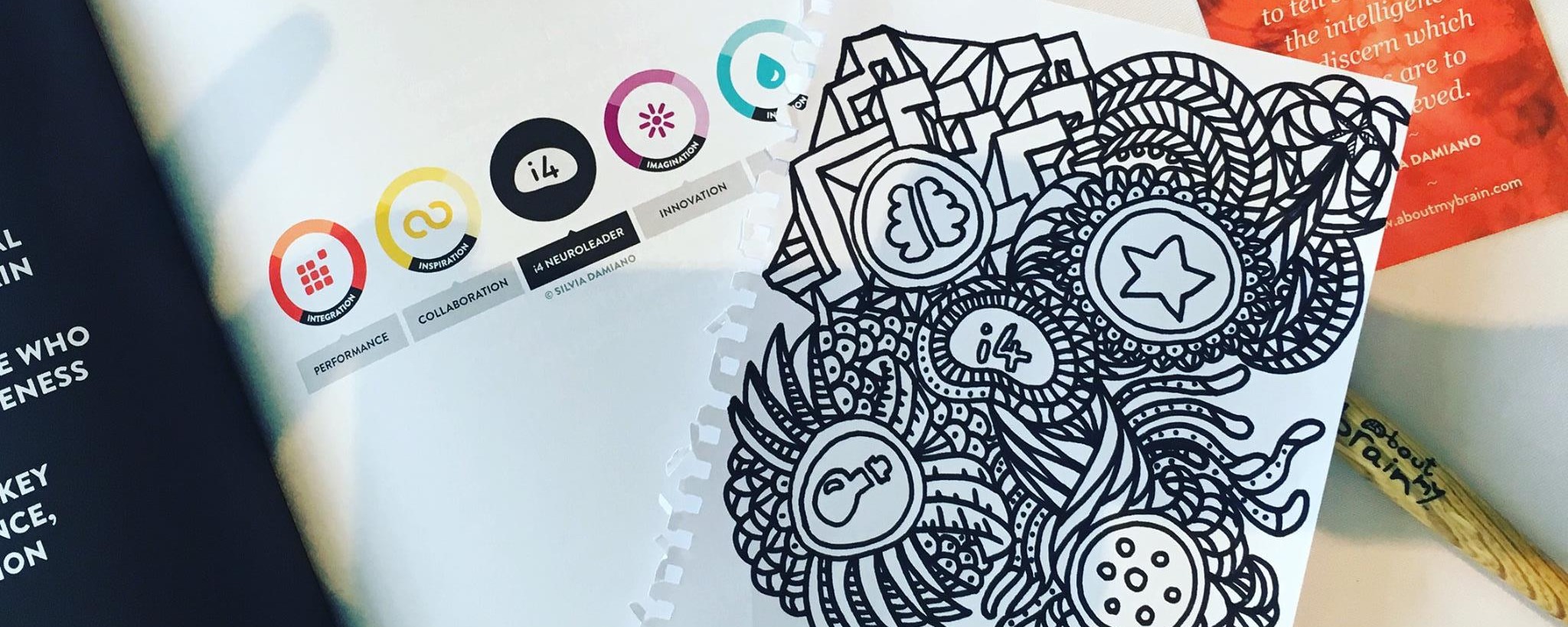
Latest Article on Performance
Leadership Is Upside Down
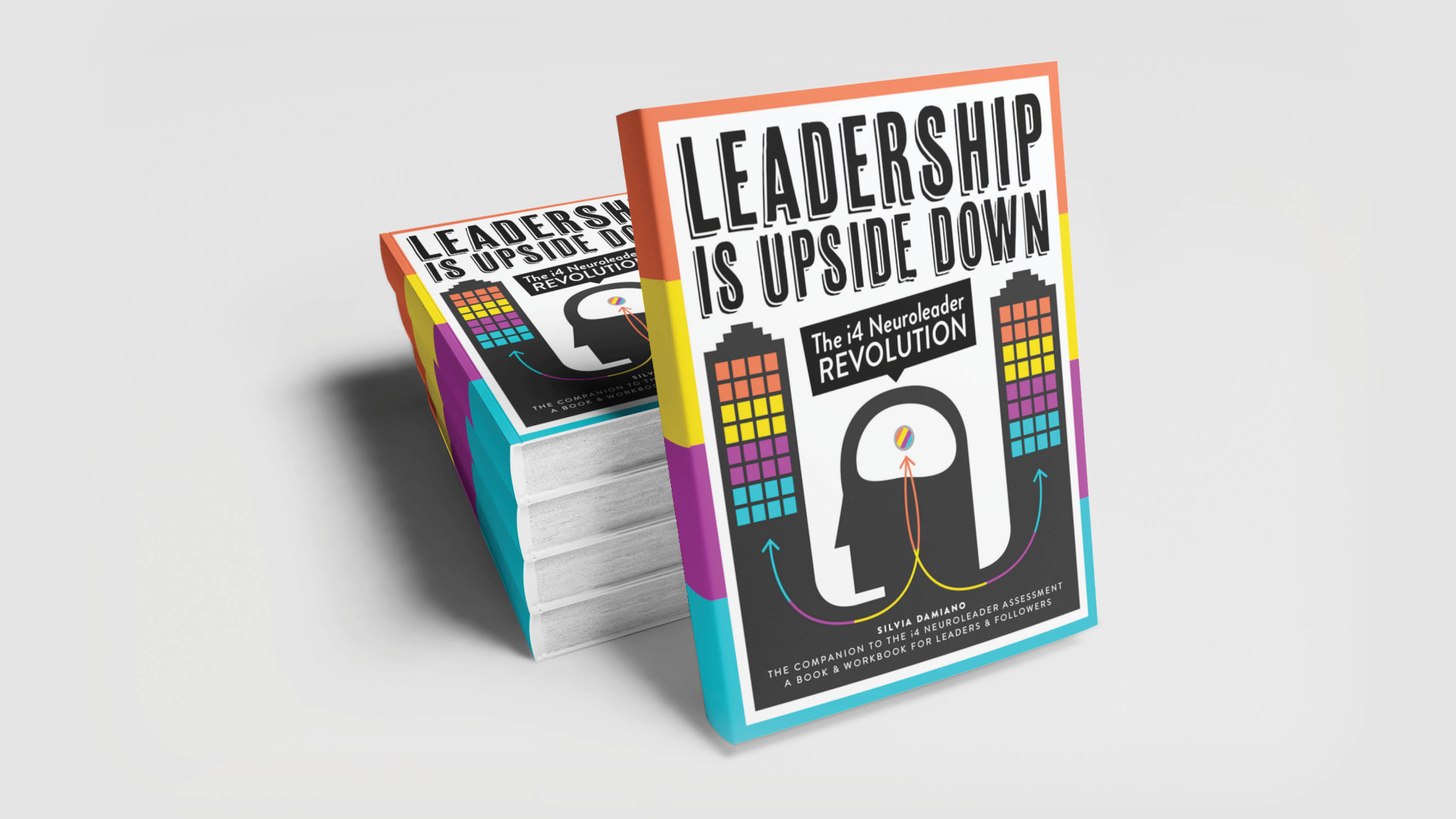
Leadership Is Upside Down
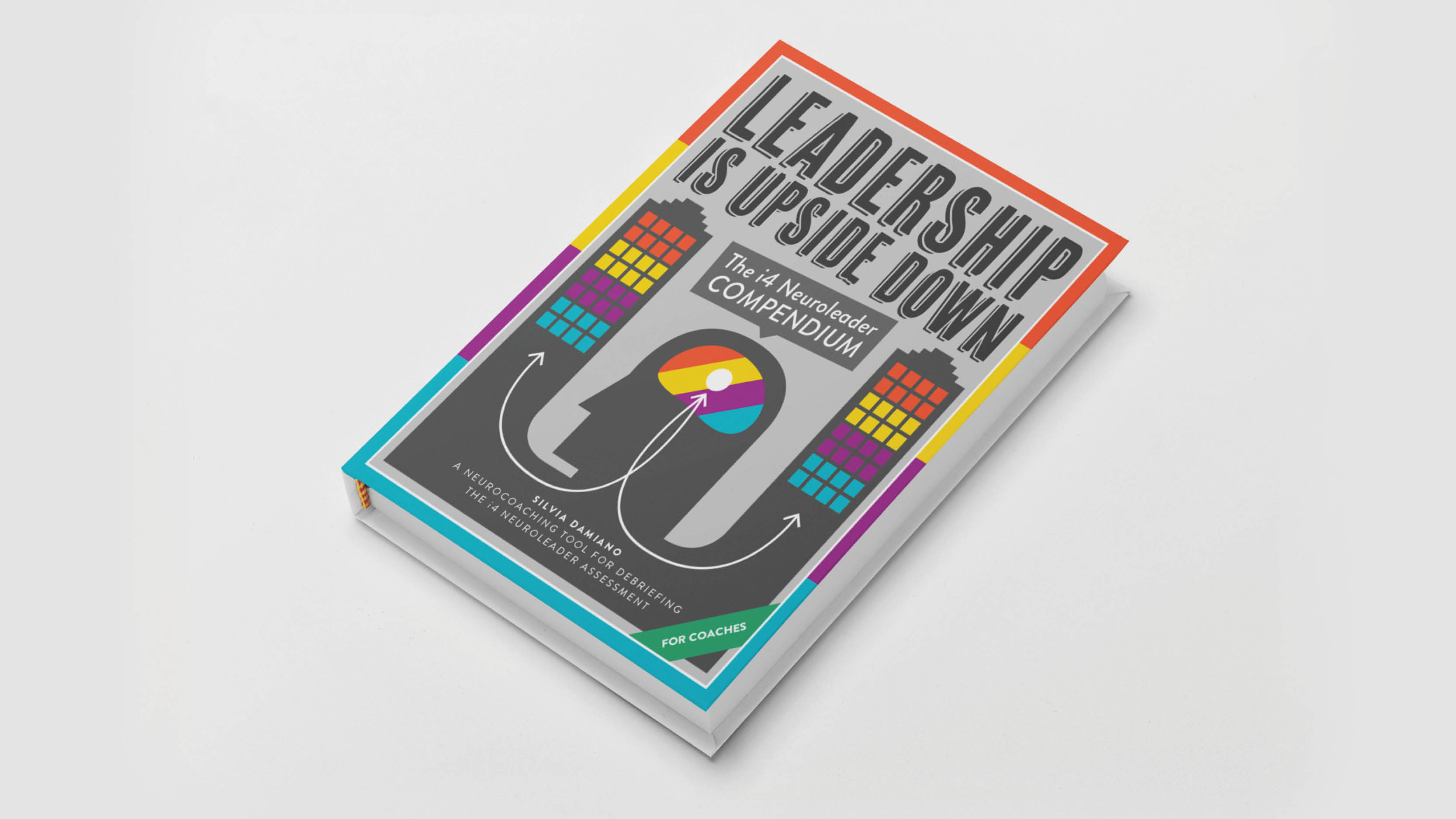
The Neurobiology of Coaching
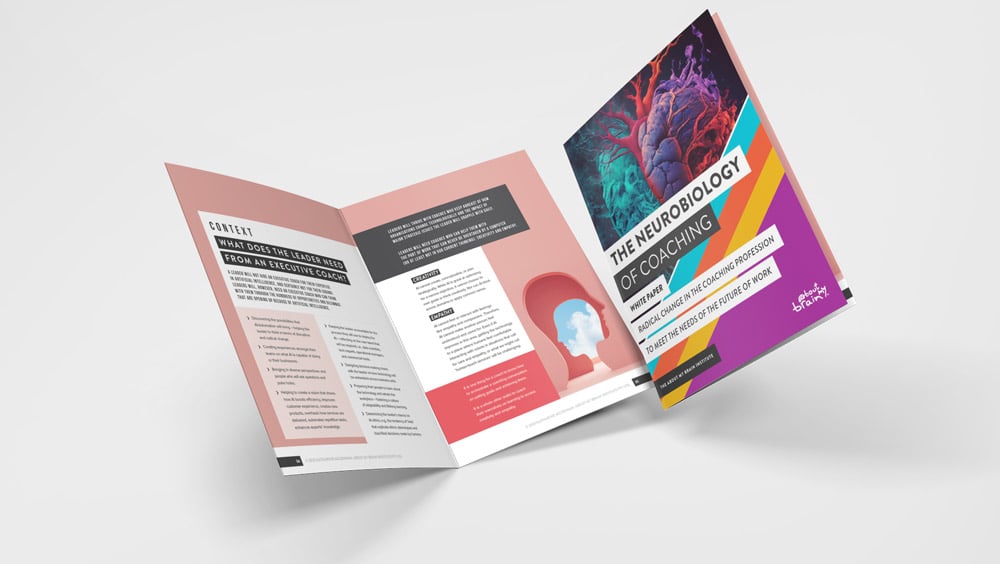
Latest Article on Collaboration
Brain-Friendly Leadership
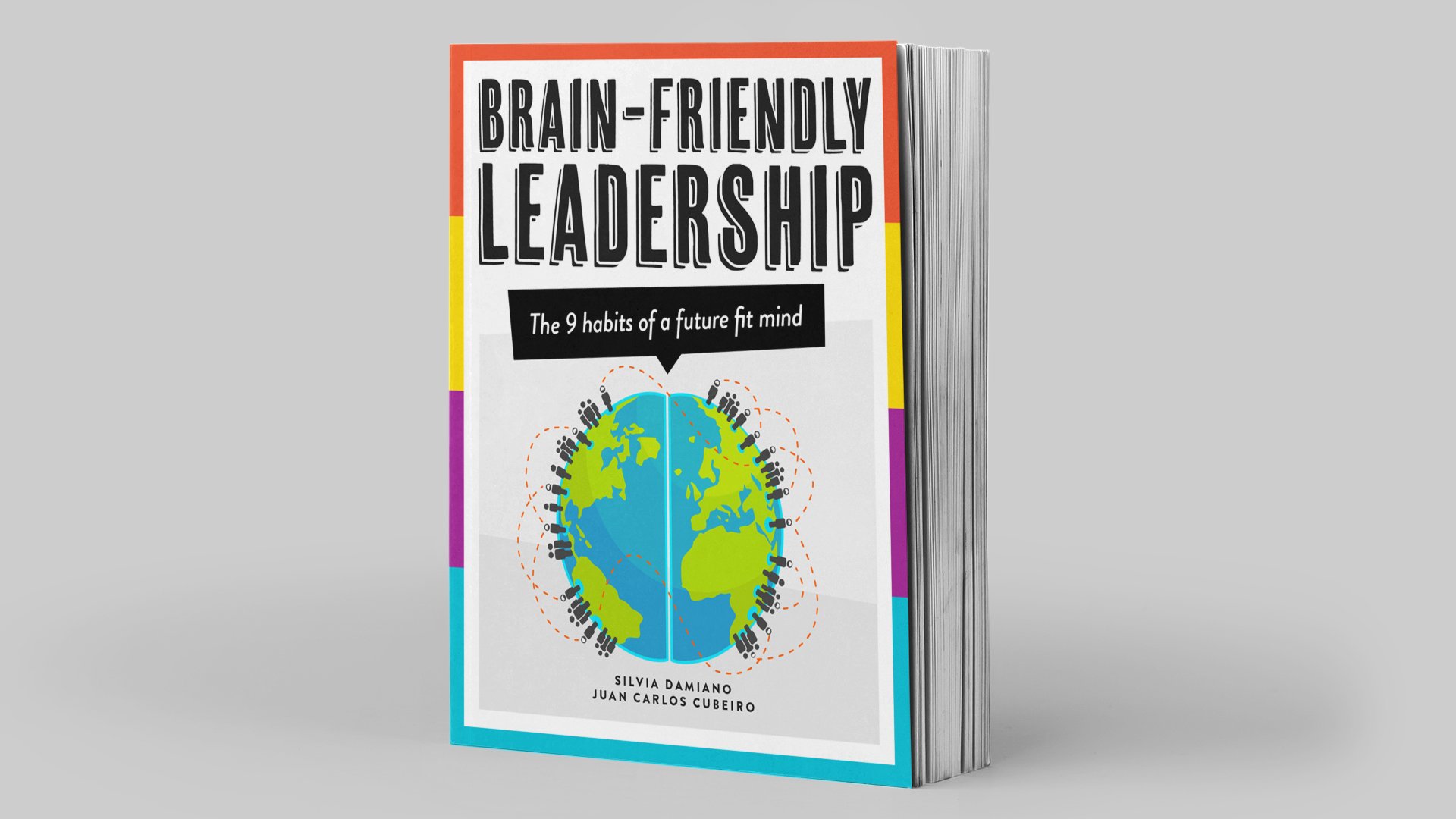
Latest Article on Innovation
Latest Article on Agility
Creating the ‘Make Me A Leader’ Documentary
In the ‘Make Me A Leader’ Documentary, Silvia Damiano proposes the idea of everyone embracing their own leadership to successfully navigate the challenges and opportunities that the Imagination Age presents.
Virtual Book Launch: Brain-Friendly Leadership
Watch the virtual book launch of ‘Brain-Friendly Leadership: The 9 Habits of a Future Fit Mind’. This publication offers the latest thinking on the bridge between the human brain and leadership.
Monday to Friday
Our team is spread across
multiple timezones,
please allow up to 48 hours
for a response.
General Business Enquiries:
hello@aboutmybrain.com
Technical Support:
support@aboutmybrain.com